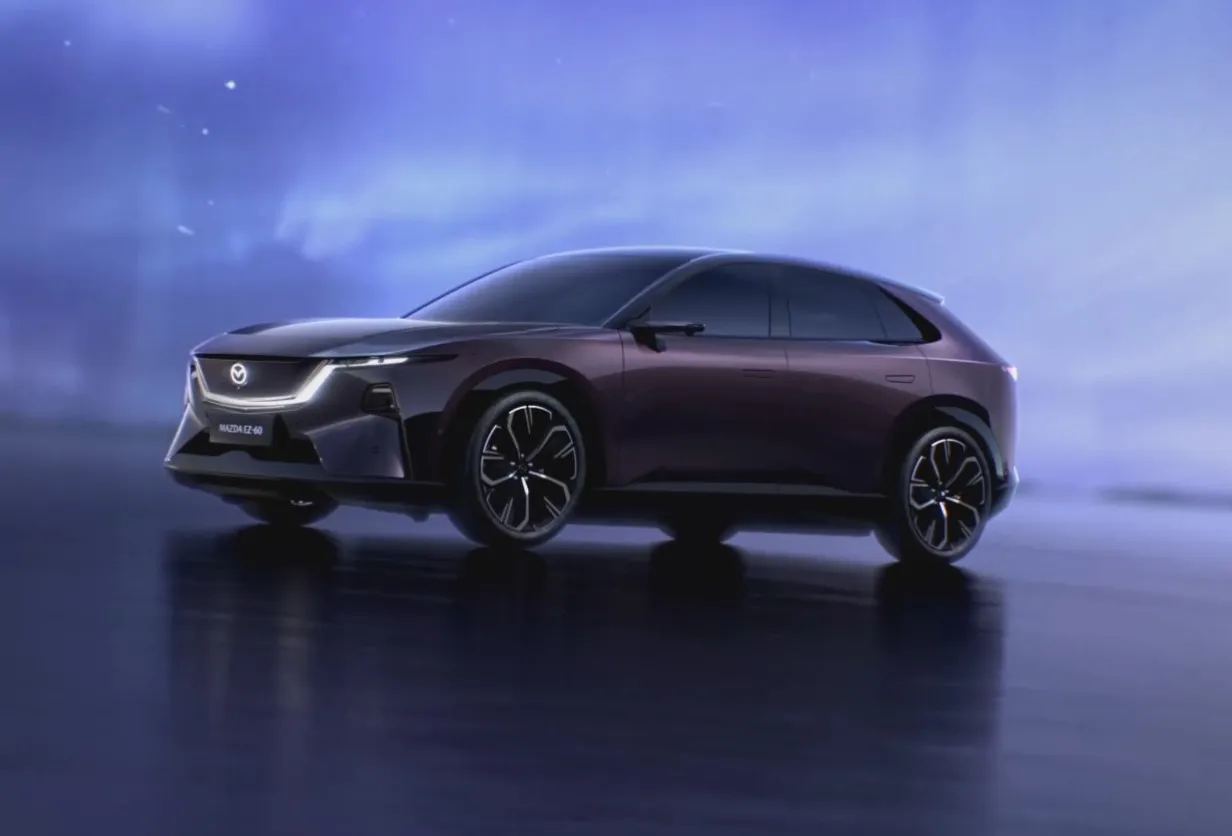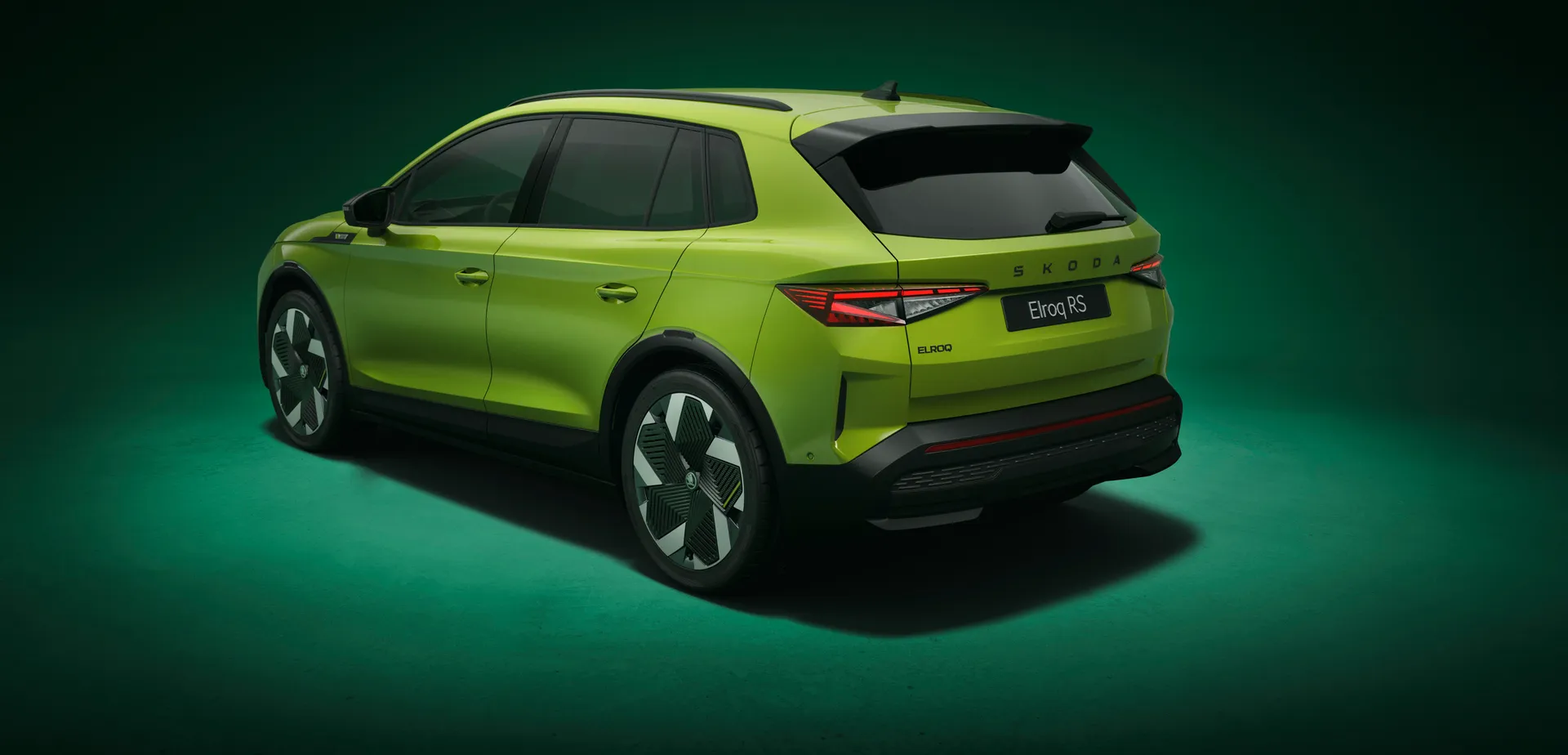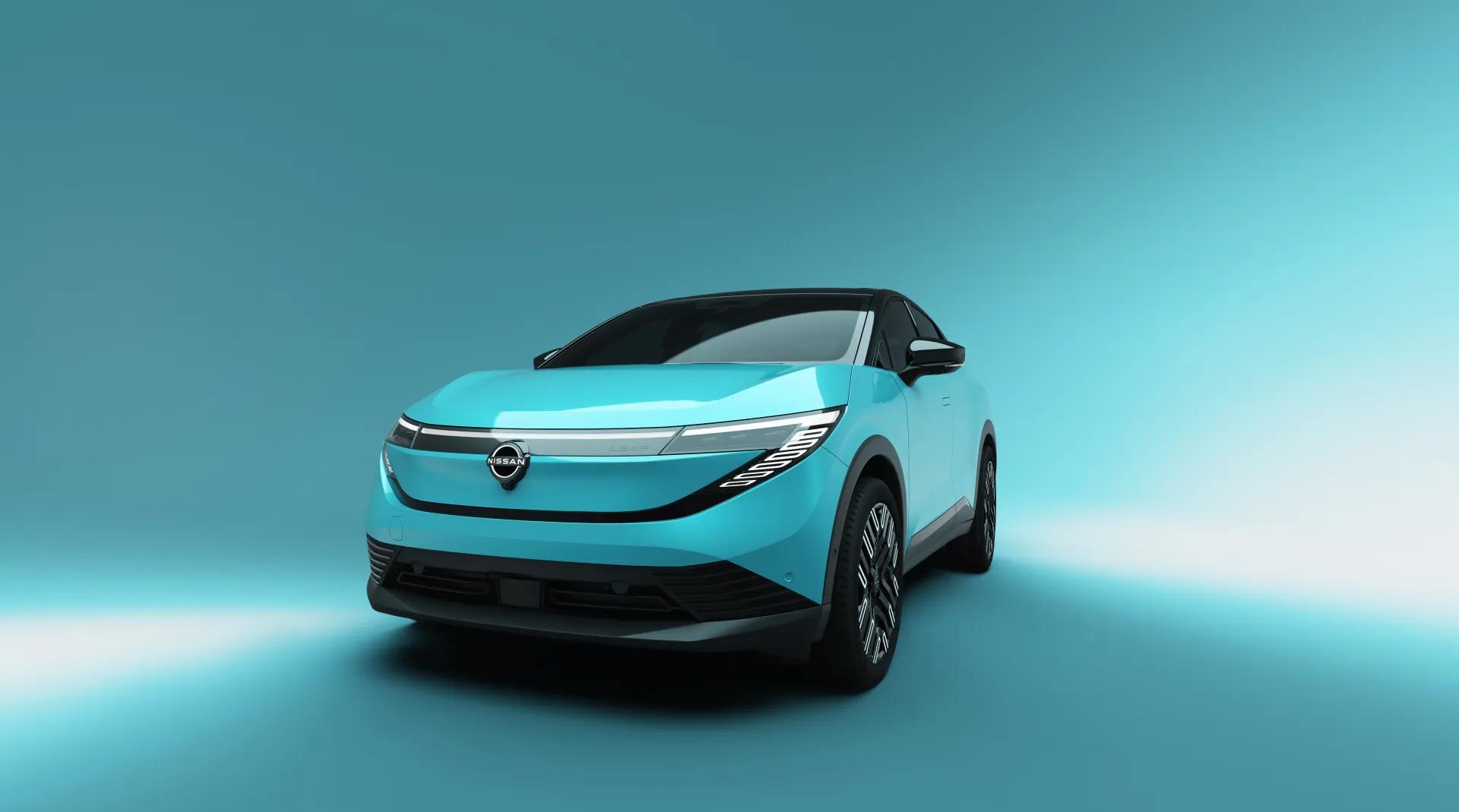Best family cars

New 2026 Mazda CX-6e

New 2025 Skoda Elroq vRS

New 2025 Nissan Leaf

Audi S5 Review
The Lexus GS has been a mainstay of the brand’s range since the original GS debuted in 1991. The fourth-generation model we’re covering here arrived in 2011, and lasted until 2018 in the UK, serving as Lexus’ competitor to cars like the BMW 5 Series.
It’s a more relaxed car than the BMW though, appealing more for its serene driving experience, quality feel, and long-lasting reliability. It makes an excellent used buy, though with relatively low sales figures, it’s certainly a more difficult car to find on the used market than many of its competitors.
That competition includes the BMW, plus the Audi A6, Mercedes-Benz E-Class, and others like the Jaguar XF and Volvo S90. If you’re looking at the GS F performance model, then also consider the Audi RS6, BMW M5, and Mercedes-AMG E63.
The appeal of buying a Lexus over one of its more obvious equivalents from another manufacturer is the knowledge it’ll still be going strong in years to come. Lexus has one of the best reputations for reliability in the industry, and some of the best dealer service too, and that counts for a lot if you want an ownership experience that matches the car’s executive status.
It’s also just a bit different in general. Lexus has long opted for hybrid power over diesels, which looks a lot more sensible now than it maybe did a decade ago. You have two to choose from, based around four-cylinder and V6 engines, and both are quiet and refined - and the V6-powered GS 450h pretty swift along with it.
Quickest of all is the V8-powered GS F, which was a rival at the time to cars like the BMW M5. It’s not as powerful, but there haven’t been many better-sounding saloons, and it’s great to drive too. Not all GSs are as engaging as the F but they’re serene cars to drive whether in town or on longer trips - even if larger wheel sizes can give the ride a tense feel.
Lexus doesn’t have the best infotainment systems on the market and the cabin’s buttons can feel a little scattered, but for quality and feel, not many in the class do it better - and like the car’s engines, you can be sure everything will continue working well into the future.
Even the Audi A6, BMW 5-Series, and Mercedes-Benz E-Class don’t feel quite as long-lived, though the BMW is better to drive and all offer a wider range of engines - and body styles, since each could also be had in estate form. The Jaguar XF could too, though its reliability won’t quite match the Lexus. Also consider the Lexus ES, which replaced the GS in the UK in 2018.
A Lexus GS not for you? We've got 1000s of used cars for sale to suit all budgets and needs
The sensible pick in the GS range is the GS 300h that came along a few years after the GS launched. Its four-cylinder hybrid setup isn’t the most exotic engine in the range but it does have the best economy, is refined, and has just enough performance not to feel left behind. The early GS 250 is more affordable to buy, if you can find one, but uses a lot more fuel.
We’d also aim for either SE, Executive Edition, or Luxury trim. The GS rides better on the 17 and 18-inch wheels on these versions and they’re still very well equipped, especially if the original owner ticked the box for the 17-speaker Mark Levinson audio system.
Lexus shuffled the GS range only slightly over time, the main difference between early and later trim levels being that early models started with an ‘SE’ trim and later ones with Executive Edition trim. Models above that kept their names throughout, though with the model available between 2011 and 2018, there were improvements to the actual specification over that time. We’ve focused on later cars below.
The Lexus GS’s dimensions are:
The Lexus GS’s boot size is:
Most Lexus GS will have been registered prior to the tax changes in April 2017, which means the car you’re looking at will likely be taxed on its CO2 emissions. This turns out to be a good thing for potential GS buyers, since some models had very low CO2 figures indeed - a GS 300h on the smallest wheels emitted just 104g/km, for a £20 annual tax bill. The 141g/km of a GS 450h results in a £200 bill, but the GS F’s 260g/km puts it in the maximum band, currently costing £695 per year.
Depending on the model, insurance groups for the Lexus GS cover a range from groups 26-42. The GS 300h in Executive trim sits right at the bottom of that list, while a GS 450h in Premier spec is at the top. The GS F, meanwhile, is rated in insurance group 48. This compares with groups 30-44 for a BMW 5-Series, and group 47 for a BMW M5 of equivalent age to the GS F.
Read our full Lexus GS review
£14,399
What is the most popular colour for Lexus GS ?
What is the most popular gearbox for Lexus GS ?
What is the most popular fuel type for Lexus GS ?
What is the most popular engine for Lexus GS ?
What is the average mileage for Lexus GS ?
81000
How many Lexus GS cars are available for sale?
1